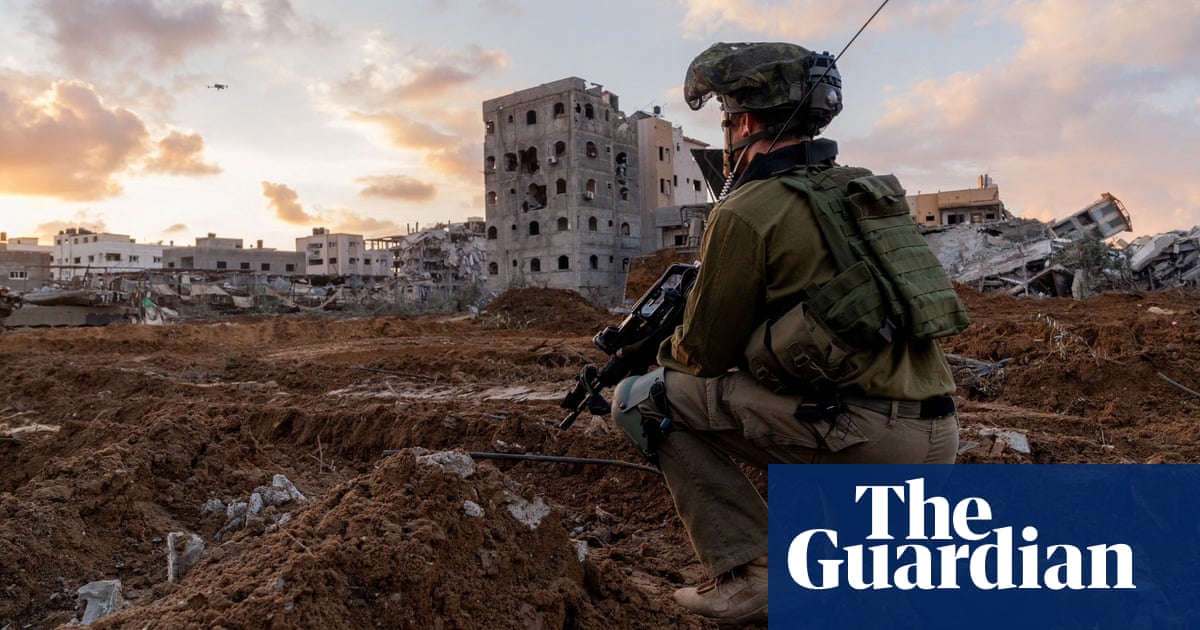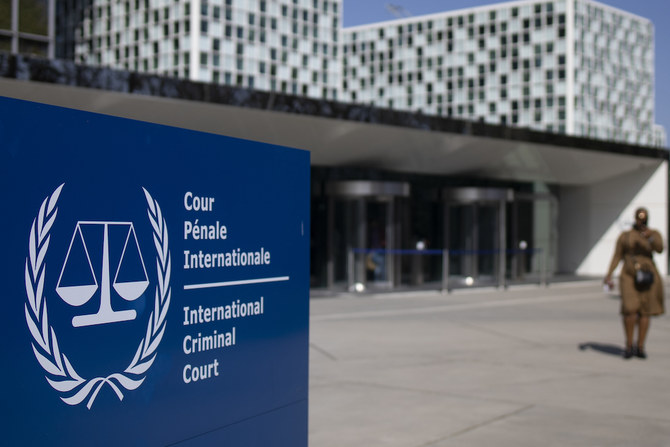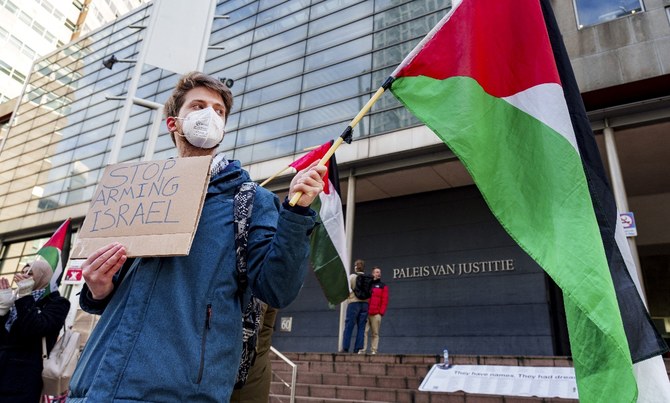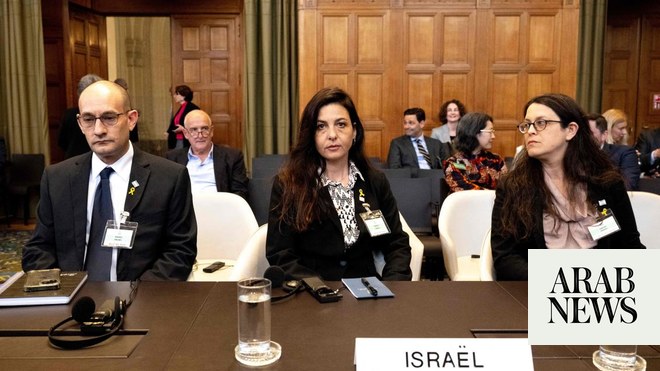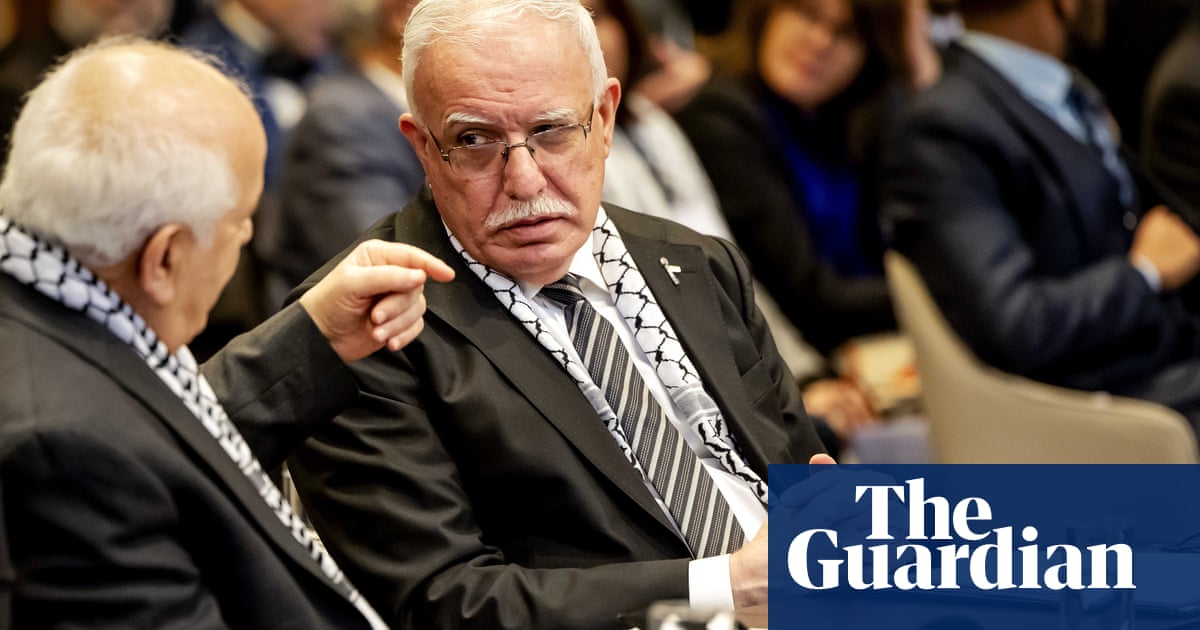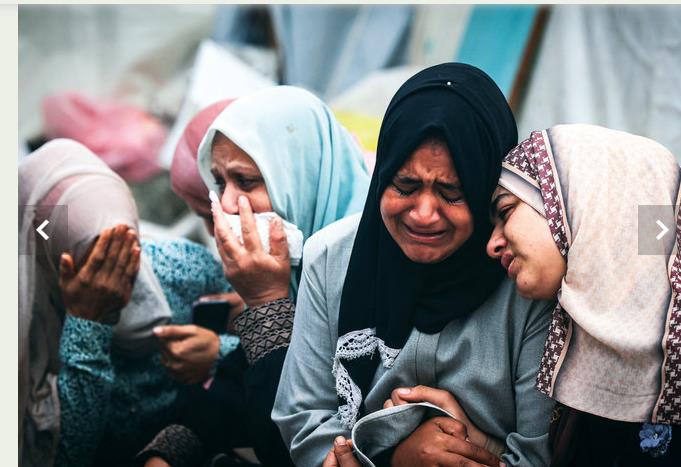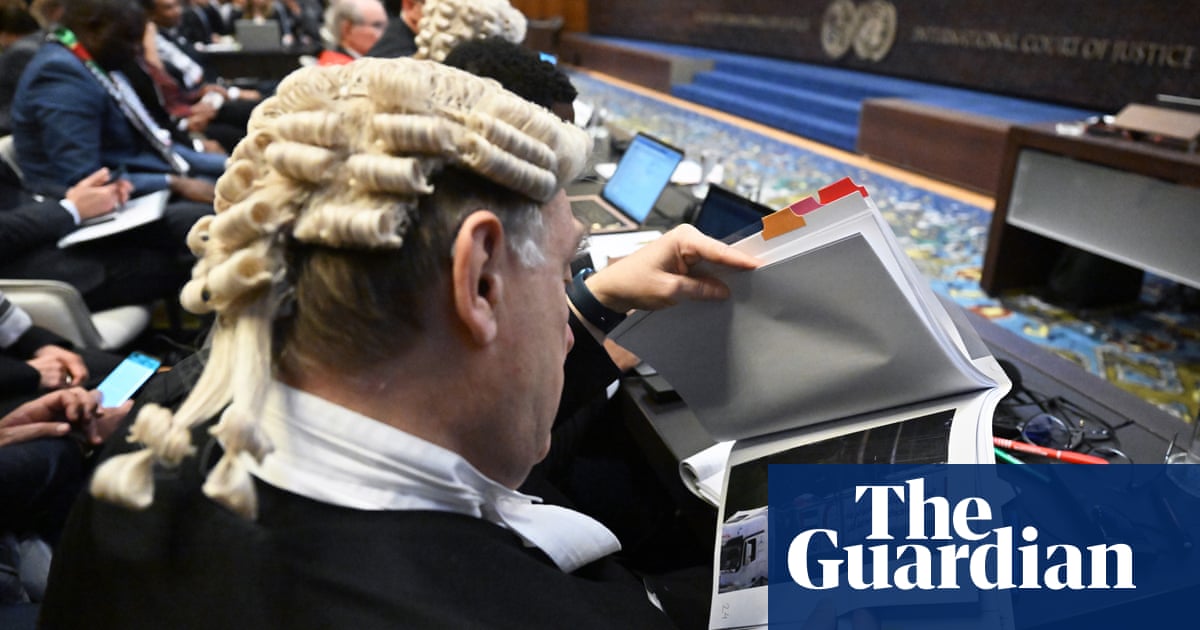
Israel has accused South Africa of presenting a “profoundly distorted” view of hostilities, “barely distinguishable” from that of Hamas, as it presented its defence at the international court of justice in The Hague against accusations of genocide.
A day after South Africa argued that it had committed genocidal acts in Gaza with intent from “the highest levels of state”, Israel said on Friday that was a “partial and deeply flawed picture”.
It claimed that blame for many Palestinian civilian deaths – more than 23,000 people, about 1% of Gaza’s population, have been killed since 7 October – and the destruction of tens of thousands of buildings, cited by South Africa in support of its application, lay with Hamas either directly or indirectly.
Lawyers for Israel said civilians had been killed by Hamas booby-trapping homes, mining alleyways and misfiring rockets, and that the militant group’s use of schools and hospitals for military purposes had caused their structures to collapse.
In his opening statement, Tal Becker, the Israeli foreign ministry’s legal adviser, said: “The applicant has regrettably put before the court a profoundly distorted factual and legal picture. The entirety of this case hinges on a deliberately curated decontextualised and manipulative description of the reality of current hostilities.”
He said South Africa’s application for the court to issue provisional measures ordering a ceasefire represented an “unconscionable request” that “seeks to thwart Israel’s inherent right to defend itself”.
Becker described the 7 October attacks by Hamas and other militants, who killed about 1,200 people and took 240 hostage, in graphic terms, including details of rape and mutilation. He also played audio he said was of a Palestinian militant in which a man boasted to his father of having killed 10 Israelis.
Becker said the purpose of relaying such details was not to absolve Israel of its responsibility to comply with international law in its response, but because it was “impossible to understand the armed conflict in Gaza without appreciating the nature of the threat Israelis face”. He told the court: “If there were acts of genocide, they have been perpetrated against Israel.”
As Becker spoke, Palestinian supporters with flags who watched proceedings on a giant screen outside the court chanted: “Liar! Liar!”
Israel’s legal team disputed South Africa’s claim that its political and military leaders, including the prime minister, Benjamin Netanyahu, had shown intent to commit genocide, which had been embraced by its troops on the ground.
Referring to comments by Netanyahu, highlighted by South Africa on Thursday, in which he referred to the bible story in which the Israeli people of King Saul were commanded to destroy all men, women, children and animals of the Amalekite people, Prof Malcolm Shaw said they had been partially quoted.
He told the court Netanyahu’s full comments included the words: “The IDF is the most moral army in the world. The IDF does everything to avoid harming the uninvolved.”
Talking about other alleged examples of breaches of the genocide convention cited by South Africa’s legal team, Shaw said: “Some of the comments that South Africa have shown us are clearly rhetorical, made in the immediate aftermath of an event which severely traumatised Israel and which cannot be seen as demanding genocide, [and] expressed anguish and the necessity to restore control over Israel’s own territory under severe threat and safety to its citizens.”
Any careful review of policy and official decisions since 7 October would not uncover any genocidal intent, he said.
Dr Omri Sander said Israel had gone to “extraordinary efforts” to improve the humanitarian situation in Gaza only to be hampered by Hamas, while Dr Galit Raguam said: “Hospitals have not been bombed. Rather the IDF sent soldiers to search and dismantle military infrastructure, reducing damage and disruption.”
Damage to hospitals has been widely documented by humanitarian organisations, including in a Guardian investigation.
At the conclusion of Friday’s hearing, the president of the court, Judge Joan Donoghue, said the panel of 17 judges would aim to give their decision on whether provisional measures should be granted as soon as possible.
South African lawyers asked the court on Thursday to order an immediate halt to Israeli military operations in Gaza. A decision on that request will probably take weeks, and the full case is likely to last years.
Israel said all of the provisional measures requested by South Africa should be rejected, saying that if ordered they would advantage Hamas at Israel’s expense.
Having listened to Israel’s arguments, South Africa’s justice minister, Ronald Lamola, who opened the case against Israel at the ICJ, said he remained confident in South Africa’s “compelling” case.
He said that contrary to the suggestion by Israel, South Africa had condemned Hamas and called for the militant group to release the hostages and be investigated. He also said: “No matter what some individuals within the group of Palestine and Gaza may have done, and no matter how great the threat to Israel citizens might be, genocidal attacks on the whole of Gaza … with the intent of destroying them cannot be justified.”
Germany warned against the “political instrumentalisation” of the charge of genocide as it backed Israel. A government spokesperson said in a statement that Israel was “defending itself” after the “inhuman” attacks by Hamas on 7 October. “The German government decisively and expressly rejects the accusation of genocide brought against Israel before the international court of justice,” the spokesperson said. “The accusation has no basis in fact.”
The 1948 Genocide convention, enacted after the mass murder of Jews in the Nazi Holocaust, defines genocide as “acts committed with intent to destroy, in whole or in part, a national, ethnical, racial or religious group”. The ICJ’s decisions are final and without appeal, but the court has no way to enforce them.





